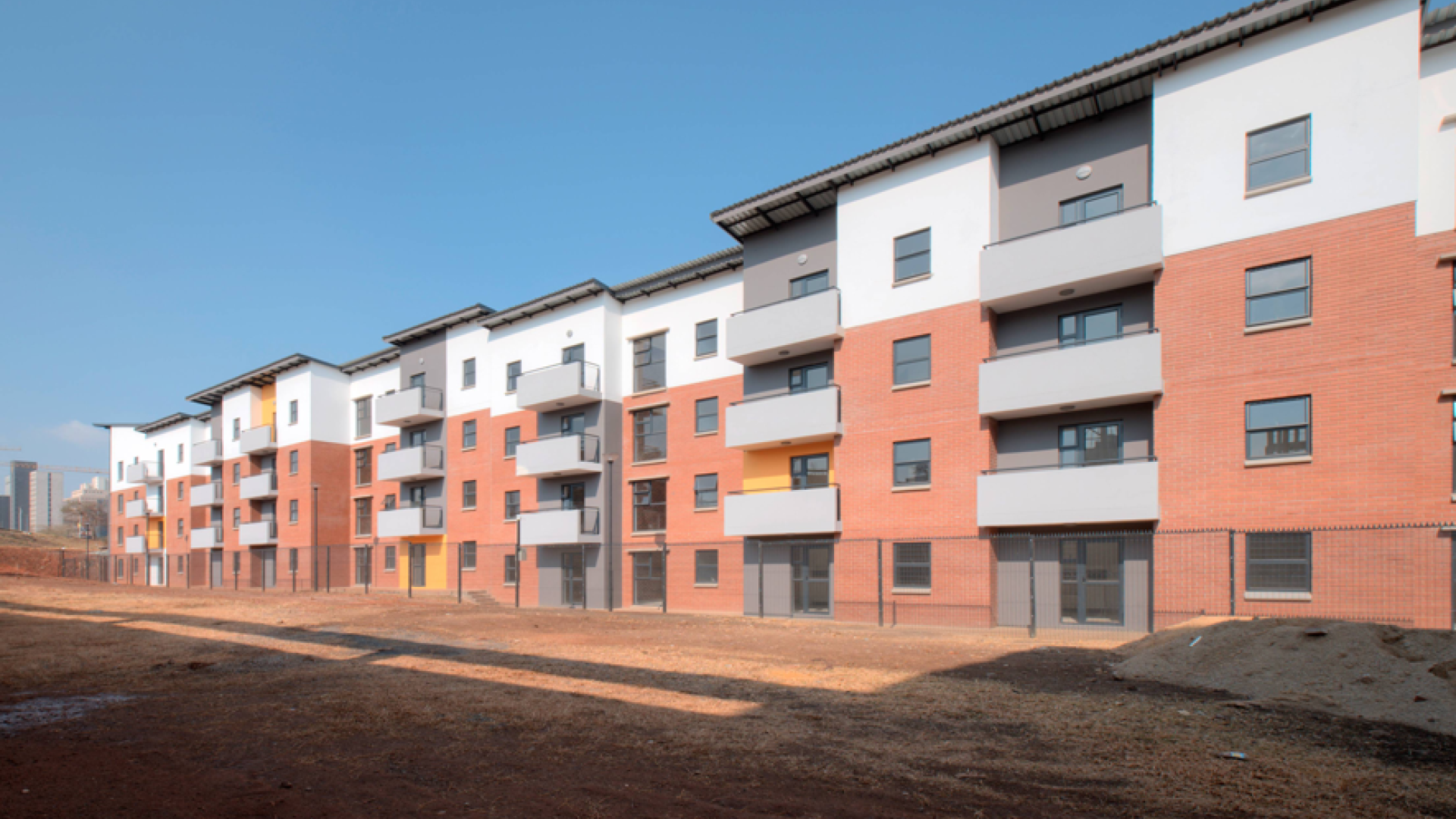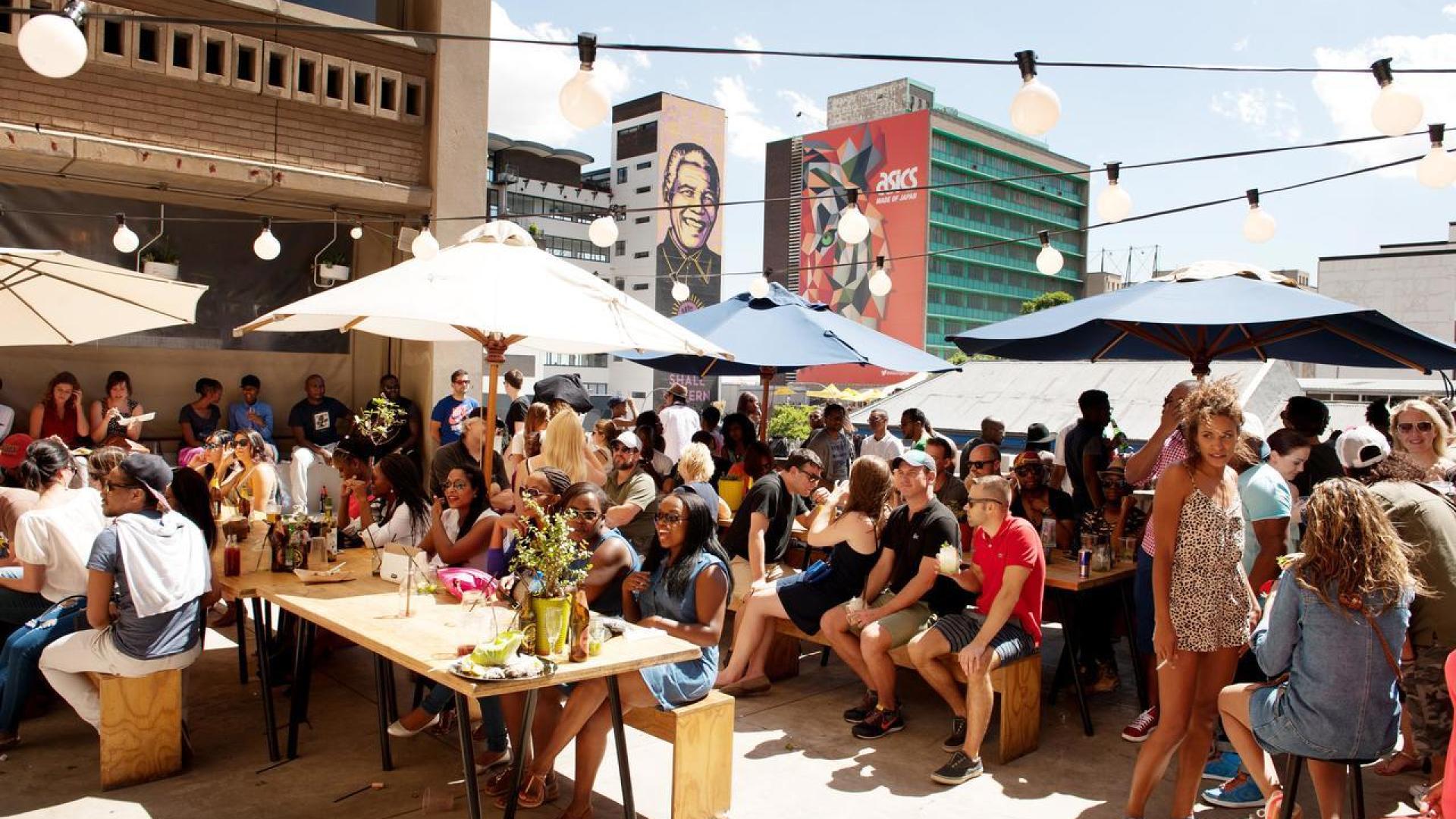Are you doing everything a tenant should do to get a rental deposit back?
Are you doing everything a tenant should do to get a rental deposit back? A security deposit is required when you move into a rental property. It’s meant to protect the property owner when a tenant violates the terms of the lease. For example, causing damage to the property. The...

A security deposit is required when you move into a rental property. It’s meant to protect the property owner when a tenant violates the terms of the lease. For example, causing damage to the property. The property manager would need to use the deposit to fix the damage caused by the tenant. It’s often one of the disagreements between tenants and property owners. However, should a tenant not violate the terms of the lease, the property owner or manager is mandated by law to provide you with a flat deposit refund with interest accrued.
What the South African Law say about deposits
It’s important to understand how the rental deposit refund in South Africa works, and how it protects you and your landlord. The Rental Housing Act No.50 of 1999 stipulates that:
- The landlord may require a tenant, before moving into the dwelling, to pay a deposit. The deposit may not exceed an amount equivalent to an amount specified in the agreement or otherwise agreed to between the parties.
- The deposit must be invested by the landlord in an interest-bearing account with a financial institution, and the landlord is subject to pay the tenant interest at the rate applicable to such account.
- The tenant may, during the period of the Iease, request the landlord to provide him or her with written proof in respect of interest accrued on such deposit, and the landlord must provide such proof on request. On the expiration of the lease, the landlord may apply such deposit and interest towards the payment of all amounts, which the tenant is liable under the said lease.
- The relevant receipts which indicate the costs which the landlord incurred must be available to the tenant for inspection as proof of such costs incurred by the landlord.
What to do to ensure you receive your deposit back
There are things you can do to make sure that you get your rental deposit back and with interest on the day of moving out of a rental apartment. It all starts with reading and understanding the terms and conditions of your lease agreement. Before you sign on the dotted line, it would help you to ensure that you understand what you’re liable for and what your landlord is liable for. For example, if you’re moving into one of the flats in Johannesburg CBD, and in the lease, it stipulates that you’re liable for damage and your property owner is liable for wear-and-tear, ask for clarity and a break down of what wear-and-tear refers to. Once you understand all of this, you will need to ensure that you actively adhere to the rules, and avoid breaking the terms written on the lease.
The next step you’ll need to take is inspecting and documenting the condition of the flat before and after you’ve moved in. You can do this by recording clear and timestamped videos and pictures. You can save these somewhere to use as proof later, should there be disagreement between you and the property owner about the real condition of the flat.
Joint inspection of the flat before you make your exit is crucial. The RHA explains that “failure by the landlord to inspect the dwelling in the presence of the tenant is deemed to be an acknowledgement by the landlord that the dwelling is in a good and proper state of repair, and, therefore the landlord will have no further claim against the tenant who must then be refunded.”
Having a paper trail of all the costs incurred for any damages or anything you have fixed will help you during any disputes with your landlord.
Making sure that you follow the notice period rule stipulated in your lease agreement will help you to avoid not receiving your deposit. You will not incur any costs for late notices. If for example, in your lease says you have to provide a full month notice of termination of the lease, that’s exactly what you should do.
While there may be things beyond your control that may cause you to lose out on your rental deposit, you can follow the above tips. That way you stand a high chance of getting your deposit back when you move out of your accommodation in Johannesburg CBD.
If you have any further questions, our team at JHC would be happy to assist in demystifying this topic before you decide to look for a new, or move out of your current, rental flat. We have options for everyone, including flats to rent in Kempton Park. Get in touch today.



